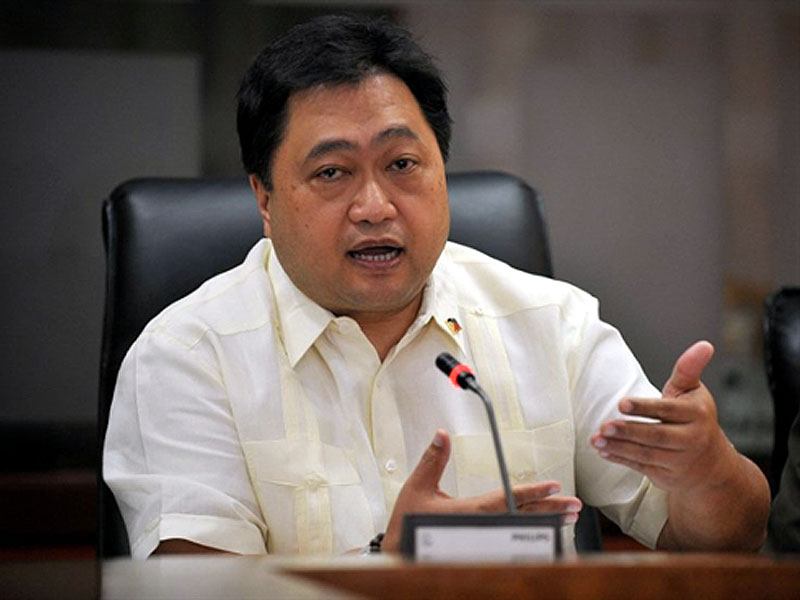Mines group urged to police ranks
The government has called on mining companies to cooperate with a planned review of all industry operations and contracts as mandated in Executive Order No. 79, which outlines the Aquino administration’s mining policy.
Finance Secretary Cesar V. Purisima urged the private sector—particularly the Chamber of Mines of the Philippines (COMP)—to join in the review and “police its ranks.”
Large mining firms welcomed the new executive order issued by the Aquino administration and committed to work under the national policy on mining.
“Basically, what is important is we already have a policy in place. There’s predictability and we know that predictability is an essential element for investors. The fact that it took a while to come up with the EO is because they took into consideration the input of shareholders,” Philex Mining senior vice president Mike Toledo said in an interview.
Toledo said it was but fair to respect existing operating permits and bid out those that were idle. Another positive aspect, he said, was that it affirmed that national laws would take precedence over local laws.
“Having said that, there are items that we feel we should be consulted about. For example, we still need to review the Local Government Code, Indigenous Peoples Rights Act and NIRC (National Internal Revenue Code), which may have conflicting provisions with mining policy,” he said, echoing the position of the COMP.
Atlas Mining vice president Adrian Ramos said: “Atlas supports the President in his desire to improve the minerals industry and is fully prepared to cooperate with the administration.”
Purisima said that a thorough review of all mining operations was expected “to strengthen and promote an efficient and effective regulation” of the industry as well as gain popular support for the development of the country’s mineral resources.
“The government has committed to [and will meet] several obligations in various mining contracts,” he said. “In the same manner, these contracts demand certain standards from [mining companies].”
The finance chief said the review was meant to ensure that mining companies were complying with the standards they have committed to in their contracts. “Those who fail to comply with their contractual obligations will be penalized,” he added.
However, EO 79 only states that “environmental standards in mining, as prescribed by the various mining and environmental laws, rules and regulations, shall be fully and strictly enforced, and appropriate sanctions meted out against violators.”
Also on Monday, the COMP released a statement saying that its members “applaud” the EO’s directive to ensure consistency of local, national and constitutional laws with respect to mining projects as well as the cooperation of local governments. The group was referring to Section 12 titled “Consistency of local ordinances with the Constitution and national laws/LGU cooperation.”
However, some stock analysts were not too enthusiastic.
Jose Mari Lacson, head of research at Campos Lanuza & Co., noted that the Aquino government was asking Congress to enact changes to the mining law to increase royalties from mining activities. “It remains to be seen, however, how fast Congress can legislate the changes. Given this uncertainty, investors who have been negotiating for an MPSA or an FTAA may have to wait a considerable amount of time before they can start commercial production,” he said.


